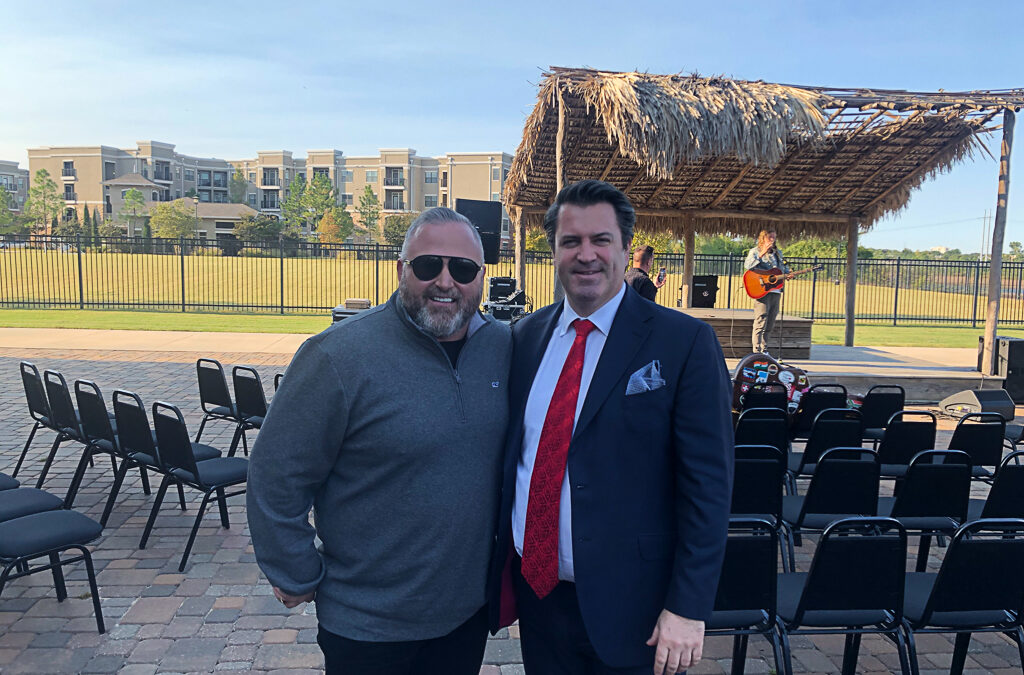Dynamite dynamite dynamite. This is the lawyer, James, the dynamite audio program. It is the absolute best audio content by New York Business Attorney in both transactional and litigation practice areas. And it is helpful for all industry. Now here’s today’s episode. One more thing. Before we get started, you can reach me online by visiting my website, the lawyer james.com. The lawyer james.com. The lawyer james.com. You can call me at (212) 500-1891. That’s the office (212) 500-1891 (212) 500-1891. You can contact me by email at James at the lawyer. james.com. James at the lawyer, james.com. James at the lawyer, james.com or by text message at (917) 783-3153. Text message (917) 783-3153 that’s (917) 783-3153.
In this episode of the anatomy of a lawsuit, I wanted to talk to you about depositions in this episode of the anatomy of a lawsuit. I want to talk to you about depositions, depositions, depositions. Yes, I repeated myself, but if it’s new information to you, I want to repeat myself so that you can get accustomed to the terminology that I am using. Depositions. What is a deposition? A deposition is where an attorney in the context of litigation, uh, an attorney for the other side, asked it’s adversarial fact or expert witnesses, questions about the case. It’s an interview. Now let me sort of set this up and so that you completely understand how it’s done. Okay. So we have a plaintiff, we have a defendant, we have a lawsuit and the parties for both sides have witnesses. Okay? That’s the environment that we are talking about the deposition.
Now, how do you take a deposition? The first thing that you need to do is send a notice of deposition, a notice of deposition, a notice of deposition and what the notice of deposition contains from New York Business Attorney. Typically three things, the date of the deposition, the location of the deposition. And in some instances, the area of questioning that the person that you’re asking questions of that would be the witness. Uh, we’ll come. So again, the, well, okay, so I guess you four things, the notice of deposition contains the date, the name of the person that you’re going to be deposing or the entity. And then they have to designate with the name of the person is that they’re going to be using as their entity representative, uh, the location of the deposition, and then the subject matter that the questions are going to be covering them. So that’s basically how you put somebody on notice of a deposition and say, you want to take the deposition and you let them know the details about the deposition.
Now what happens, I would say 99 times out of a hundred, is that the date doesn’t work, maybe location needs to change New York Business Attorney. So the parties called the attorneys for the parties call each other up. They figure out availability, they figure out scheduling. And then we scheduled the deposition that the parties are, um, have agreed on because you know, boards would much rather have parties agree on dates and locations and things like that that have to resolve disputes, especially about, you know, discovery and scheduling and things like that, that she drives the judges nuts when they have to deal with something like that. So the, the deposition, once it gets scheduled, then the party that’s taking the deposition, plaintiff can depose defendants witnesses and defendants can depose the plaintiff’s witnesses. So once it gets scheduled, the party that takes the deposition needs to schedule a court reporter because the court reporter then takes down the well, the court reporter actually does two things.
Number one, it swears the witnessing because depositions are taken under oath and therefore administered under oath. So the, the court reporter has to swear the witness in. Do you swear that the testimony you’re about to give is the whole truth and nothing but the truth. There may get another couple of words in there, but, uh, but that’s the gist of it. They swear the witness in, and then, uh, they actually voice recorded under most circumstances. And as their voice reporting it, they type the words in, and it’s called know stenographer New York Business Attorney. There’s a special keyboard that they use to keep track of every single word that the witness says. And so, and then what happens is the court reporter then generates a transcript and whoever wants to order and pay for the transcript is a party to the case, just calls the court reporter and says, Hey, can I get the transcript for this deposition, the court reporter Italians, and up to, to Duke figures out what it is says, yeah, that’d be 200 bucks, 500 bucks, $2,000, whatever it is. And usually it depends on the number of pages and the time, the turnaround time
For, uh,
The deposition that the transcript. So, you know, if it’s five pages long, it’s not going to be very expensive, maybe less than $50. And then the turnaround time will probably be pretty quick as well, since it’s not that many pages, but when you have depositions that go on for, for a day, they can get pretty lengthy and pretty costly. I know in one of the cases that we did, the deposition transcripts were over $5,000, you know, and, and that’s just, those are just a couple of witnesses that when the cases have, you know, tens of witnesses, the deposition costs just for the transcripts alone can be quite high. So now that’s basically administrative part of depositions. Now I wanted to get into briefly the substantive part of, of depositions. Now, when I take a deposition, I like to start out with some foundational questions. There may be more than what I’m going to go over right now, cause I’m doing it from,
From memory and I’m driving.
So I want to be able to just say what I, what I absolutely know to be true in terms of what I do in taking a deposition. There may be some more notes that I have and go over beforehand, but this is how I at least start, start the deposition. I give some rules and some, uh, I try to make some agreements in the beginning. For instance, I just say, you know, can you please, can you please tell me your name? Can you spell it? Can you tell me where you live? Can you tell me where you work? Uh, just wanted to let you know that the court reporter here she’s report he or she is recording everything that we’re saying. So I, if you and I talk at the same time, the court reporter, can’t take down both of what we’re saying at the same time.
So if you can make this agreement with me now, I’ll make this agreement New York Business Attorney with you too, that you wait until I’m finished speaking before answering. And that I’ll wait until you’re finished speaking before I ask a question deal. And so that’s how we, that’s how we start off. Another question that I, that I ask is, is there anything, um, today that would make you unable to answer the questions truthfully and he would say yes or no. Another question could be, is there, is there any reason today why you could not remember some of the, some of the answers to the questions that we’re asking and then another one could say something like, are you taking, how are you, are you currently taking, or have you taken in the last 24 hours, any medication that would impair your ability to recall events? And then they say yes or no.
And then, uh, there, there may be a few other, Oh, the another rule is that, or another agreement that I asked them to take with me is that we New York Business Attorney, you know, the, the, the court reporter cannot record gestures. The court reporter can only record, uh, words. So can you please verbalize and speak your answer and say yes or no, no nodding your head? Yes or no, but actually speaking. Yes or no. Uh, the court reporter does not also record, uh, gestures like shrugging, shoulders and things like that. So if you don’t know the entry to say, you don’t know, and by the way, just for you listeners, so, you know, uh, depositions can also be, uh, videotaped and those are, are good because then you can see gestures, you can see uneasiness, you can see, you know, other tells of the witness as they’re speaking, where it may match up with what they’re saying, or it may not match up with what they’re saying. And then of course, because you can take depositions of fact witnesses. If there are expert witnesses, you can take depositions of experts as well. And the other side can object to, to depositions, uh, to the questions in a deposition. And then they’re just put on the record and they can be dealt with, um, dealt with later if they, if they should arise. And that’s a deposition,
You can reach me online by visiting my website, the lawyer, james.com, the lawyer james.com. The lawyer james.com. You can call me at (212) 500-1891. That’s the office (212) 500-1891 (212) 500-1891. You can contact me by email at James at the lawyer, james.com. James at the lawyer, james.com. James at the lawyer, james.com or by text message at (917) 783-3153. Text message. (917) 783-3153 that’s (917) 783-3153.

